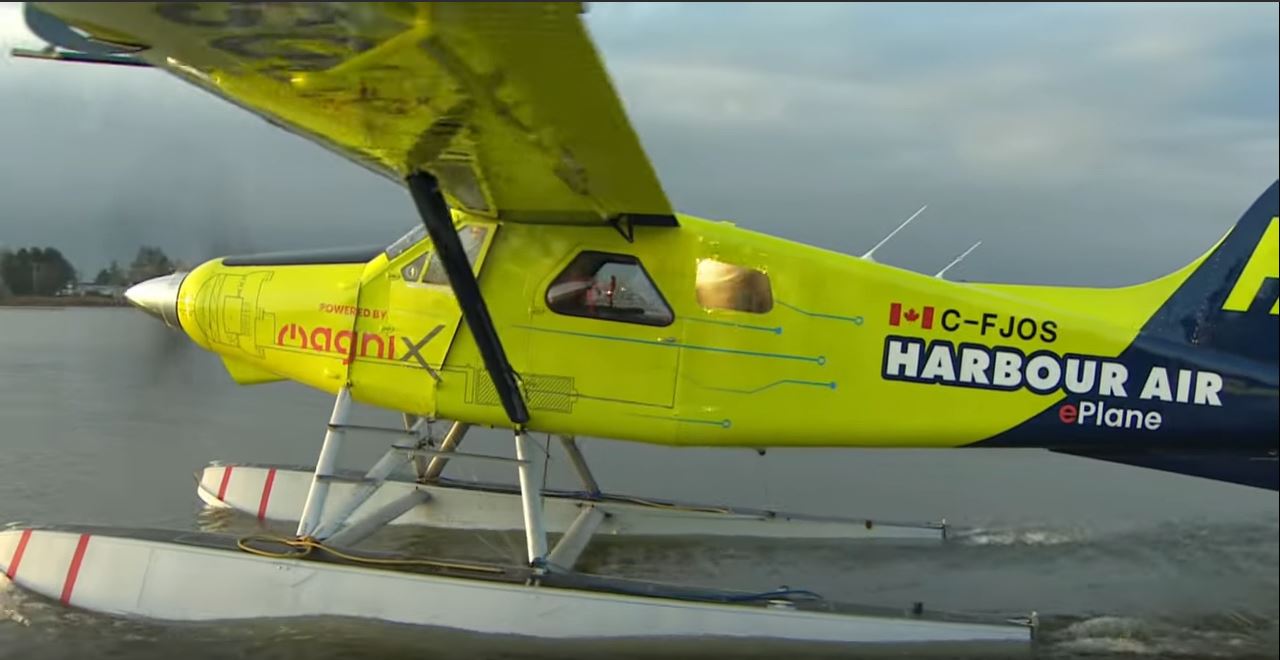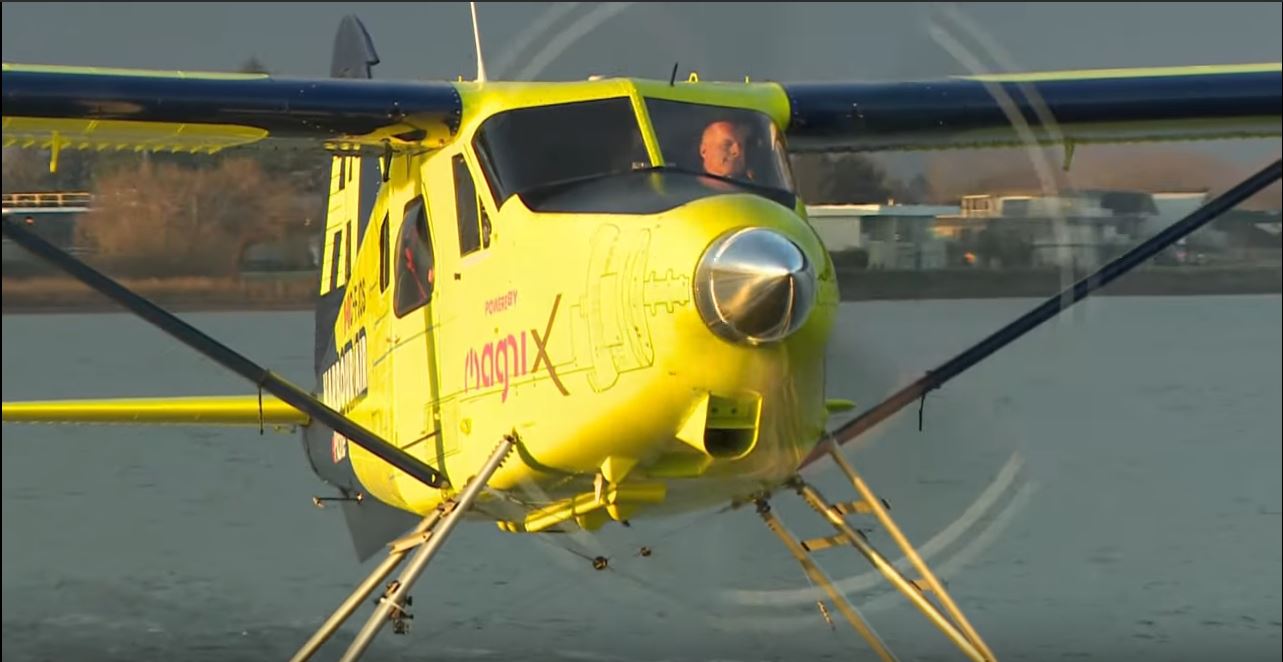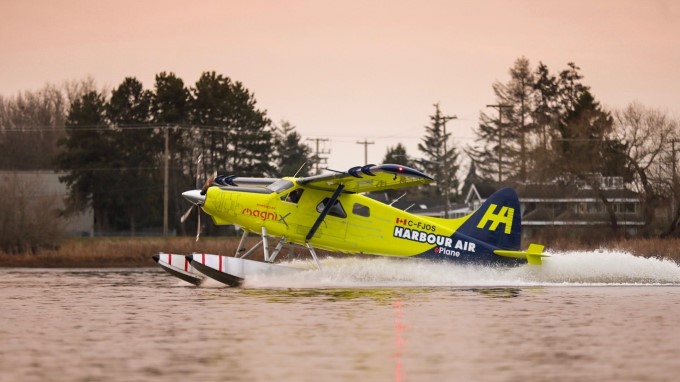A battery-powered seaplane succeeded in a test flight in Vancouver, Canada, right several weeks ago. It became the first fully electric commercial aircraft in the world.
The project is supported by the Canadian airline Harbor Air and the technology company MagniX, which is the beginning of the era of electric flying.

While some hybrid-powered airplanes have already appeared in the airspace, the fully electric machine premiered in December 2019 in Vancouver.
The Australian company MagniX is working on the project together with the Canadian airline Harbor Air.
Harbor Air transports half a million passengers annually between Vancouver and the adjacent islands with its seaplanes.
Revolution in an Old Cloak
Engineers equipped the 62-year seaplane DHC-2 de Havilland Beaver with a new electric motor with an output of 560 kW.

The test flight of the six-seater seaplane lasted about 15 minutes, according to The Guardian. Harbor Air chief Greg McDougall piloted the test seaplane.
“It shows that purely electric commercial flying can work,” said MagniX CEO Roei Ganzarski.
Slow Progress in Batteries
The range of machines with lithium batteries is only 160 kilometers.
“The range is not what we want it to be, but it is enough to start a revolution,” Ganzarski told BBC.

The airline plans to electrify its entire fleet of more than 40 aircraft in the future. The company saves on fuel and engine maintenance. According to McDougall, servicing electric motors is “drastically” cheaper.
The transition to electric motors is one way to reduce aviation emissions. Developers see the future of aviation in electric power, as the automotive industry.
Source and credit: https://www.theguardian.com/world/2019/dec/11/worlds-first-fully-electric-commercial-aircraft-takes-flight-in-canada, https://www.youtube.com/watch?v=FjsKq5Bf1Dk




